At the workshop "Breast cancer, from screening to treatment" recently organized by FV Hospital, oncology experts stated: To successfully treat breast cancer, it is necessary to coordinate multi-modalities, from screening, diagnosis to treatment.
The workshop was chaired by Associate Professor - Doctor - Physician Cung Thi Tuyet Anh - a leading expert in Vietnam in the field of cancer - with the participation of 550 doctors.
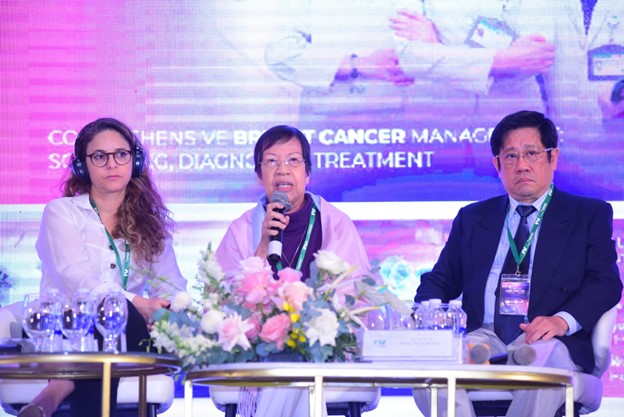
Associate Professor - Doctor - Physician Cung Thi Tuyet Anh (middle) chaired the conference.
Photo: China
Personalized breast cancer diagnosis
According to data from the Global Cancer Organization (GLOBOCAN) 2022, Vietnam has 24,563 cases of breast cancer, accounting for 13.6% of the total number of cancer cases in the country. Specialist Doctor Phung Ngoc Thu - imaging specialist, Department of Obstetrics and Gynecology and Breast Pathology Treatment Center, FV Hospital, said that because it is detected at a late stage, treatment is expensive and the mortality rate due to breast cancer in Vietnam is up to 8.3%. Therefore, the role of screening and diagnosis of breast cancer is very important.
To diagnose breast cancer, patients need to be clinically examined, then screened for diagnosis by a radiologist. Currently, there are many imaging diagnostic methods such as X-ray, MRI, Second Look ultrasound, vacuum-assisted biopsy, etc. Recently, artificial intelligence (AI) has also been applied in imaging diagnosis.
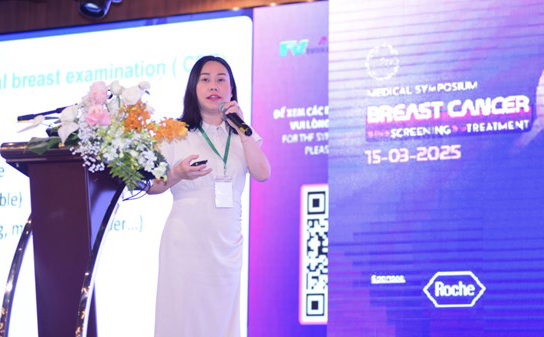
Specialist Doctor 1 Phung Ngoc Thu
Photo: China
However, according to Dr. Thu, no diagnostic method is perfect. Breast cancer screening does not have a general formula but needs to be individualized, in which doctors must know how to coordinate based on the equipment that the center has.
"Women should have their first breast exam at age 25 to determine risk factors. Women aged 40 are recommended to have a mammogram; however, those with risk factors can have their first mammogram at age 30," Dr. Thu recommended.
Advanced techniques in breast cancer surgery
Dr. Tran Viet The Phuong, Deputy Head of the Department of Breast Surgery, Ho Chi Minh City Oncology Hospital , said that although there are many methods of treating breast cancer today, surgery is still an important treatment technique.
There are three main surgical methods: total mastectomy, breast-conserving surgery, and mastectomy with reconstruction. While minimally invasive mastectomy is used in 60-70% of breast cancer cases in the West, in Vietnam, the application of this technique is still low because most Vietnamese patients are concerned that partial mastectomy is not safe enough, so they are willing to undergo more extensive surgery.
Axillary lymph node metastasis is the most important prognostic factor in breast cancer. In the past, breast cancer treatment often required complete lymph node dissection. Common complications include hand edema, sensory nerve damage, impact on shoulder joint movement, and damage to axillary blood vessels. Now, doctors use sentinel lymph node biopsy - considered the first checkpoint on the lymphatic drainage path of malignant cells. Only if malignant cells are present, axillary lymph node dissection is necessary. In addition, radiation therapy can be combined instead of complete lymph node dissection to reduce side effects.
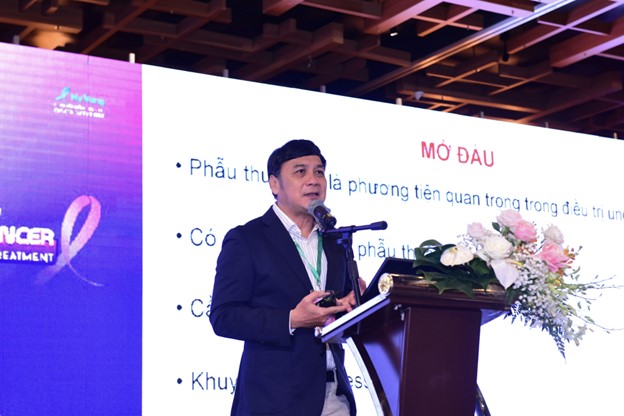
Dr. - Specialist 2 Tran Viet The Phuong
Photo: China
The goal of surgery is to achieve high results while causing the least harm to the patient, so in many cases it is necessary to coordinate with medical and radiation oncologists to have the optimal treatment strategy.
At the workshop, Master - Doctor Vo Kim Dien - Deputy Head of Hy Vong Cancer Treatment Center, FV Hospital, mentioned the importance of neoadjuvant systemic therapy. This is a breast cancer treatment method that combines chemotherapy, endocrine therapy, or targeted therapy before surgery to shrink the tumor, increase the ability to preserve the breast and the ability to respond to treatment.
Short course radiotherapy and brachytherapy
Radiotherapy is an important technique in the treatment of breast cancer. Dr. Basma M'Barek - Head of Hy Vong Cancer Treatment Center, FV Hospital , said that applying short-term radiotherapy with increased doses at each radiation session shortens the radiotherapy regimen from 6 weeks to 3 weeks.
This radiotherapy method has many advantages such as: reducing treatment time, reducing treatment costs, and saving medical resources...
Source: https://thanhnien.vn/de-dieu-tri-ung-thu-vu-hieu-qua-can-phoi-hop-da-mo-thuc-nhieu-chuyen-khoa-185250316122031373.htm



![[Photo] Prime Minister Pham Minh Chinh receives leaders of Excelerate Energy Group](https://vphoto.vietnam.vn/thumb/1200x675/vietnam/resource/IMAGE/2025/5/29/c1fbe073230443d0a5aae0bc264d07fe)



![[Photo] Prime Minister Pham Minh Chinh attends the event "Digital transformation of the banking industry by 2025"](https://vphoto.vietnam.vn/thumb/1200x675/vietnam/resource/IMAGE/2025/5/29/0e34cc7261d74e26b7f87cadff763eae)



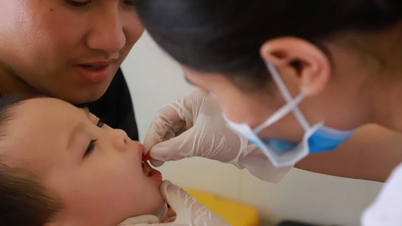



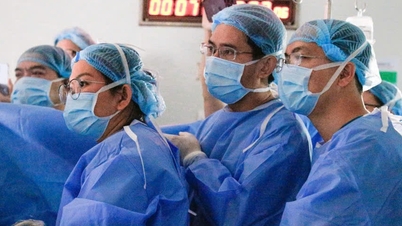






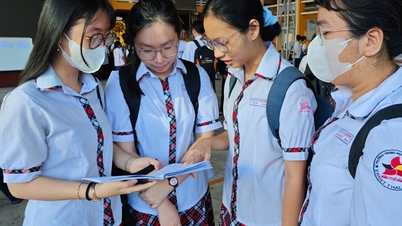



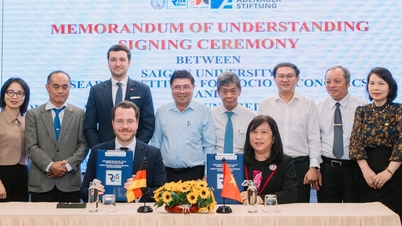






























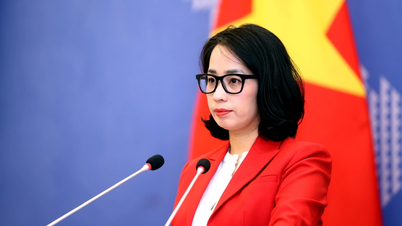

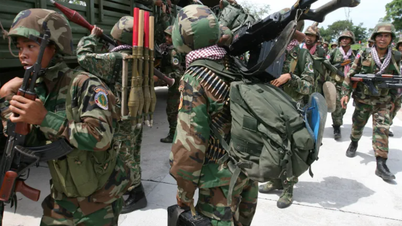







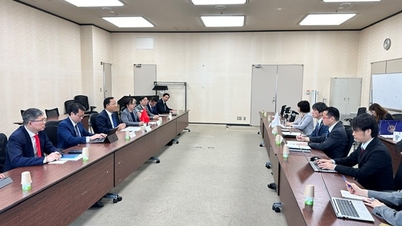



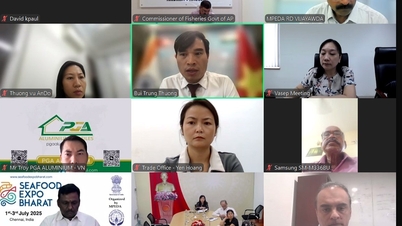


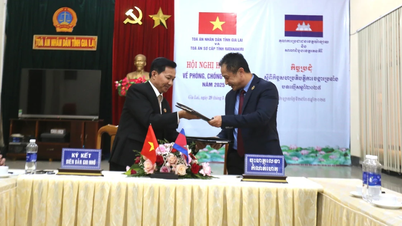


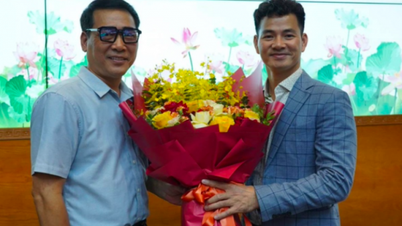













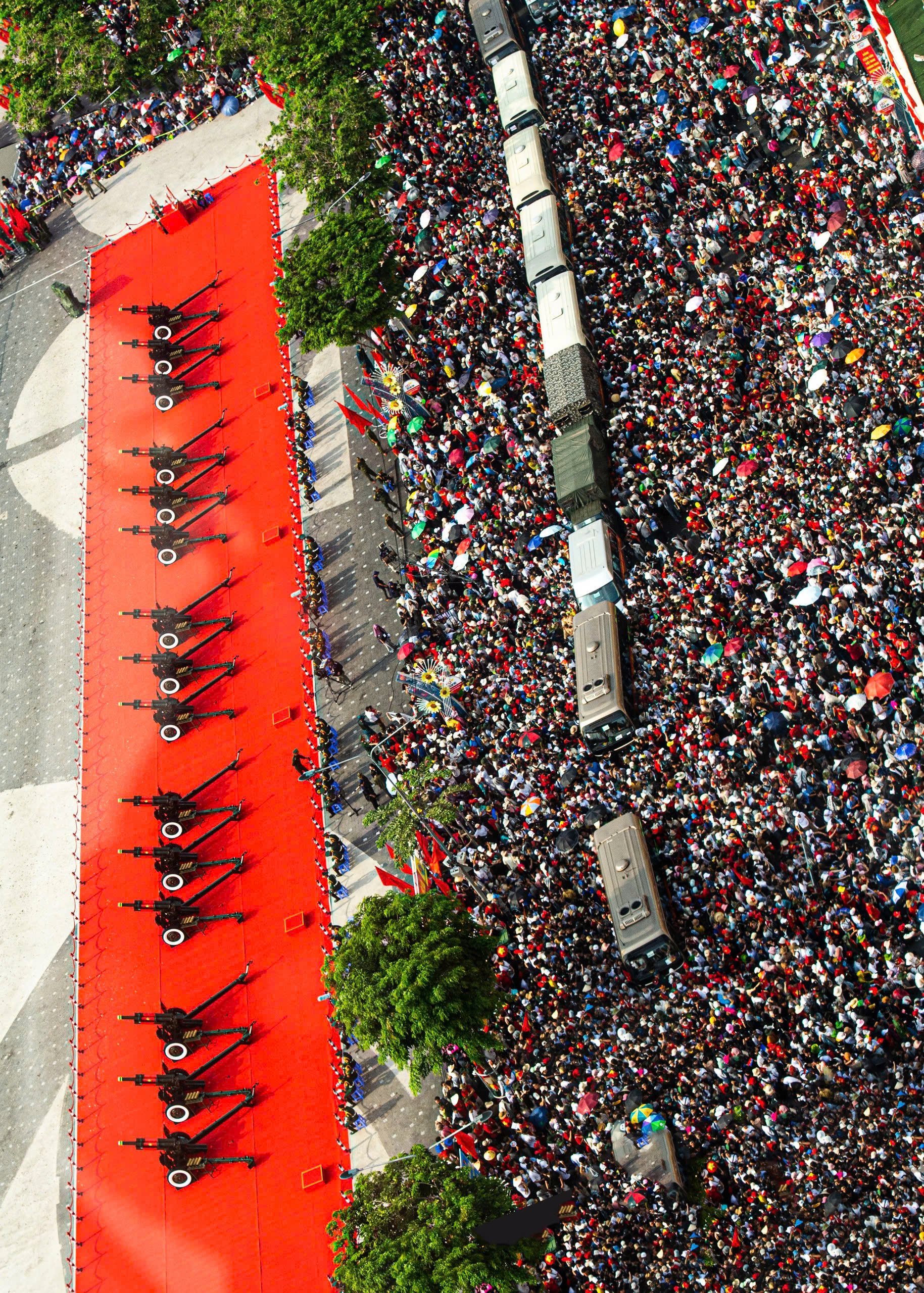



Comment (0)